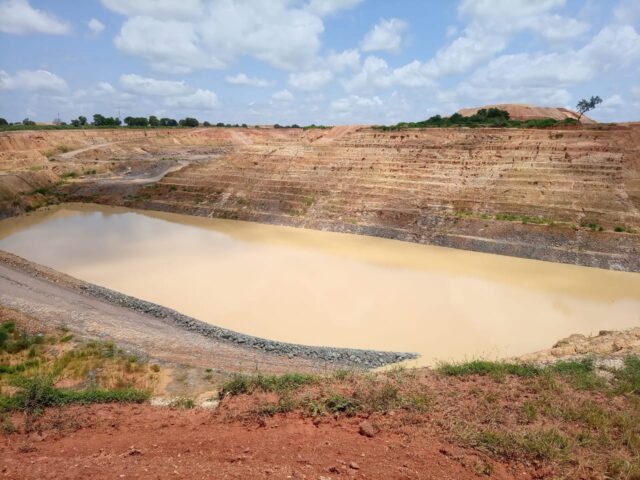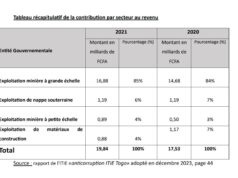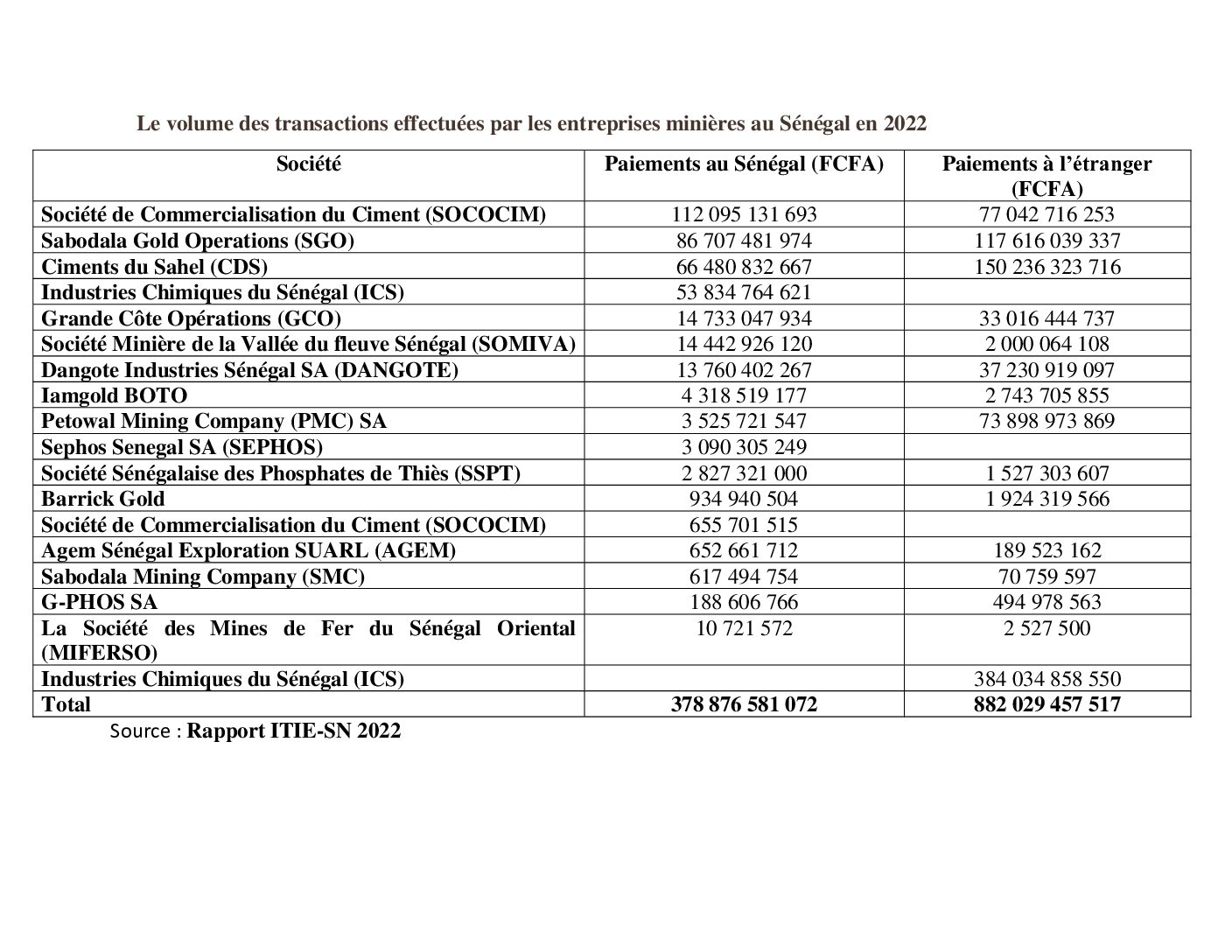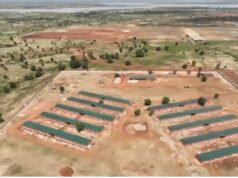Sudan has been at the centre of clashes between groups in recent years. Several international organisations have revealed that the main cause of the armed clashes is the fight for control of the gold.
In April 2013, Sudan was at the centre of armed clashes that left more than 180 people dead and at least 1,100 injured, according to BBC Africa. According to various international organisations, these deaths were the result of clashes between members of the army and paramilitary militias known as the Rapid Support Forces (RSF). These clashes began after the fall of Omar al-Bashir’s regime in April 2019.
But among all the factors contributing to the internal tension in Sudan, there is one key element: control of areas where the subsoil is rich in gold. Sudan has one of the largest gold reserves on the African continent. In 2022 alone, Sudan exported 41.8 tonnes of gold worth 2.5 billion dollars (more than 1,000 billion FCFA).
Most of the country’s most profitable mines are under the control of Hemedti (the leader of an armed group) and the RSF militia, who finance their operations by selling the gold not only to the Khartoum government, but also to other buyers in neighbouring countries.
“The gold mines have become the main source of income for a country beset by numerous economic difficulties. And in these tense times, they are becoming a strategic target”, explains Shewit Woldemichael, Crisis Group’s Sudan expert, to BBC World.
Sudan’s main economic resource was oil. However, in the mid-1980s, a process of independence began in the south of the country, which ended in 2011, after violent conflicts and political decisions, with the creation of the Republic of South Sudan. With this independence, Sudan lost two-thirds of its oil export revenues.
The loss of resources has intensified internal tensions between the various ethnic groups, militias and armed groups living side by side in the country.
In 2012, it was revealed that a region called Jebel Amir, in the north of the country, could contain enough gold reserves to alleviate the country’s economic situation.
Instead of benefiting the country, this information has become the cause of armed conflict over control of the gold. The country has more than 40,000 gold extraction sites, with some 60 gold processing companies operating in 13 localities across the country,
In addition, a tribal chief known as Musa Halil, loyal to deposed President Al Bashir, took control of part of the gold-rich territories after the death of more than 800 people living in the Jebel Amir region. Halil began extracting gold and selling it, not only to the government in Khartoum, but also to other buyers.
In 2021, the two leaders of the armed groups Hemedti and Al Burhan committed themselves, as part of a provisional alliance, to launching a process that would lead to the establishment of a civilian and democratic government in Sudan.
In this alliance, it was clear that gold production would be entrusted to the elected civilian government. But the mutual distrust of each armed group made the alliance fragile.
#Mines_Actu_Burkina










